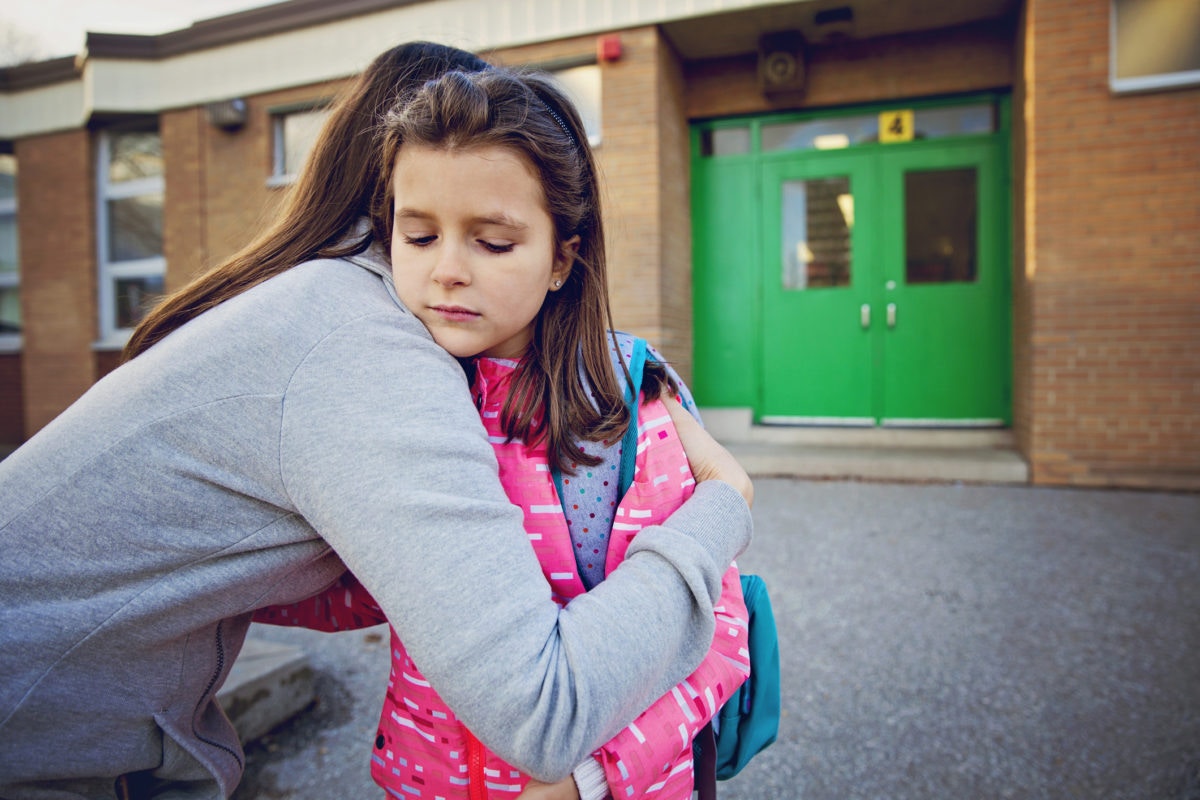Major transitions are difficult for kids. Adults underestimate the anxiety a major change can arouse in a child. Although returning to school is exciting, it also induces anxieties that are sometimes difficult to quell. If a child is dealing with these anxieties on their own, they can intensify and interfere with the child’s ability to move forward securely.
Developmentally, kids have different worries at various ages. In kindergarten, the worries usually pivot around the separation from their parents. In the early grades, the anxieties are associated with getting stuck with a mean teacher or the difficulty of the new grade. The later grades trigger worries about having friends and being accepted, while the high school years can be packed with concerns about being good enough.
Of course, all of these anxieties correspond with appropriate psychosocial challenges. Yet if they are not attended to, they may cause a developmental lag, meaning the child regresses instead of moving forward confidently. Often, these regressions take the shape of temper tantrums, school avoidance, defiance, withdrawal, and aggression.
The recipe for helping a child with their back-to-school worries is simple. Contrary to popular opinion, it does not require elaborate discussions about feelings, nor does it necessitate the parent do any strategizing, fixing, or problem-solving. The requirements for raising an unanxious child include empathic listening and reassurance. I am a child psychotherapist. This technique has produced both security and rugged confidence in my kids. And it is simple: First, listen for worries. Second, when you hear your child confess a worry – for example, “What if my teacher is mean?” – empathize with the worry.
Say, “That is a big worry. I get it. I understand. I was worried about that, too, when I was in second grade.” Third, reassure her by saying, “If that worry comes true, I will be here to help you through it.” Telling your child not to worry about the things he is worried about is not effective because it leaves the child alone with the worry.
Contrary to what many parents believe, a child’s worry does not go away because the parent tells it to. In addition, if children do not feel understood regarding their worries, they will stop verbalizing them. The question, “Why won’t my kid talk to me?” is one that I hear from parents sitting across from me every day. It’s also one that can be avoided. Listen with an open heart, be empathic, and reassure your child that they are not alone.



